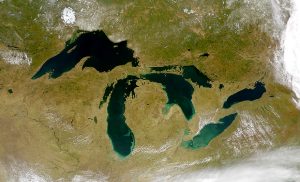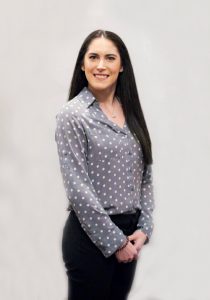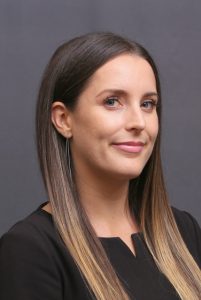The Art of Mentorship
 Attorneys often speak of mentorship as an essential building block to a career in the legal profession.
Attorneys often speak of mentorship as an essential building block to a career in the legal profession.
Indeed, one of the first pieces of advice bestowed upon young attorneys is to find a mentor, cultivate that relationship, and soak up all advice like a sponge. Mentorship roundtables, “speed networking” events, and student-attorney mixers are stylish events celebrating these connections, encouraging both sides to learn, grow, and expand one’s worldview. And yes, mentorship should be important to legal practitioners across the board, from students fresh from their first briefs to attorneys with long, successful, and active careers.
But why does one need a mentor or a mentee and how does one find a perfect match? Do I click my heels together three times, whisper “Please help me,” and one will magically appear like a fairy lawmother? What if my mentor or mentee doesn’t suit me or even like me? Let’s discuss.



